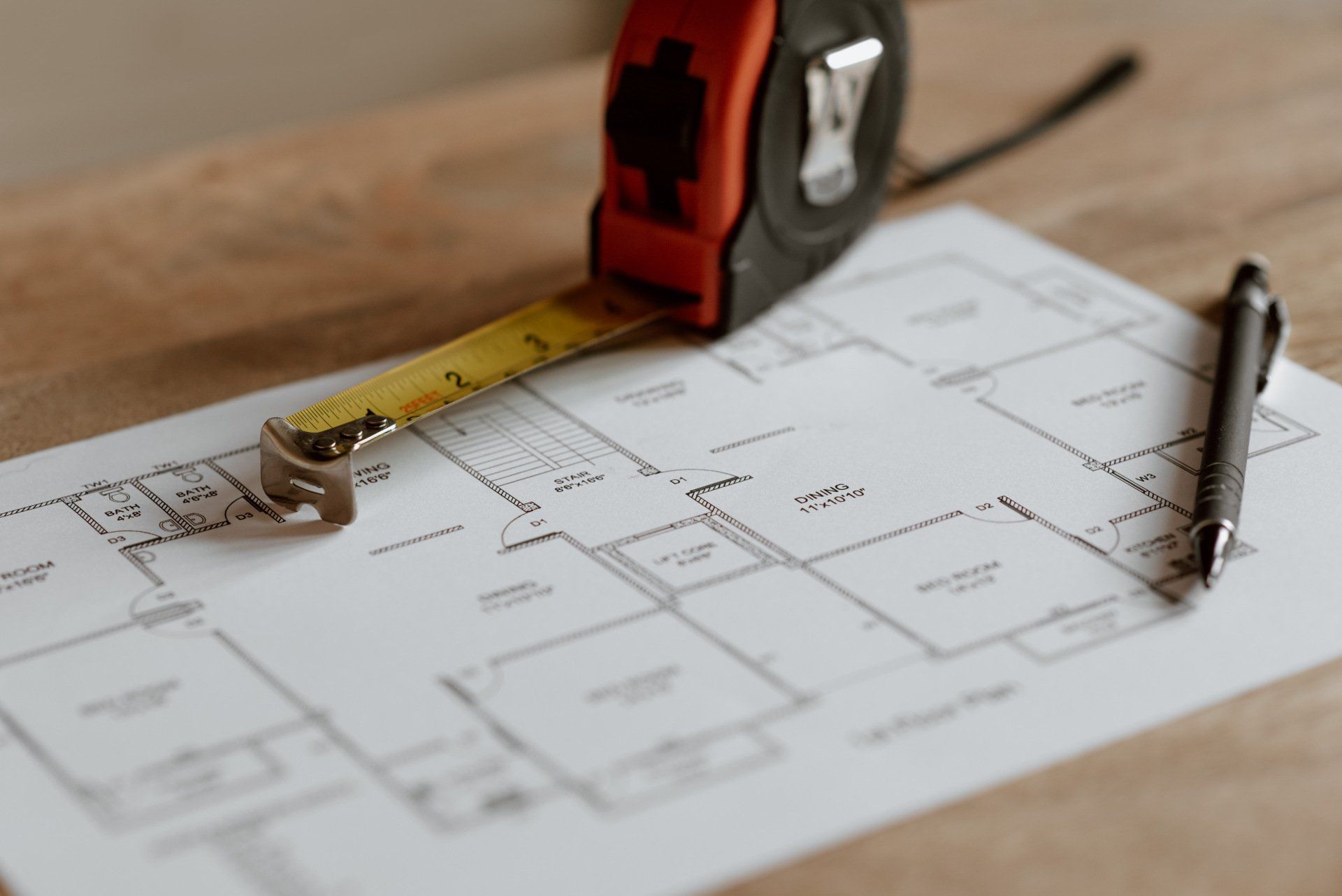COVID-19: FORCE MAJEURE AND COMMERCIAL LEASE
As the COVID-19 pandemic continues to affect businesses at every level, dentists and dental offices are no exception. With practices suffering from a sharp decline in patients being treated, dental offices may begin to struggle to continue to timely pay all of their business expenses, including rent. As almost all commercial leases will contain an Act of God or Force Majeure clause, dental tenants or dental landlords may be tempted to invoke these provisions.
However, before invoking the Force Majeure clause, you will want to be sure to check the following:
- Whether your business insurance will cover events related to the COVID-19 pandemic. While not usually the case, some business insurance policies will cover civil actions by governmental authorities.
- All lease requirements in connection with invoking the Force Majeure clause, including timeframe for notice, method of notice and what events can actually trigger the clause.
- The terms of your Force Majeure clause to determine whether the COVID-19 pandemic is likely to be covered. This may not be as straightforward as you think. Instead of language like “national pandemic” or “global disease”, your lease may include events that are, by their nature, out of the control of either the tenant or the landlord.
- The terms of your Force Majeure clause to determine whether it excuses one party from performance or, much more commonly, just provides additional time for such party to perform its responsibilities under the lease. While rent obligations are not typically covered by this, other obligations may be, such as clauses requiring continuous operations, lease commencement or delivery dates, tenant alterations and repairs.
- If rent will be due regardless of whether the Force Majeure clause is invoked. Most commercial leases contain provisions stating that rent shall at all times be payable when due, and no clause in the Lease or any other circumstances will relieve the tenant from such duty to pay.
As the interruptions from the COVID-19 pandemic continue to increase in duration and reach, it is important to consider your options under a commercial lease to best determine the course of action that will expose you to the least amount of liability.
If you are unsure regarding the terms of your commercial lease with respect to what actions you may take, please feel free to contact us at (630) 833-5533 or info@ghulaw.com.



